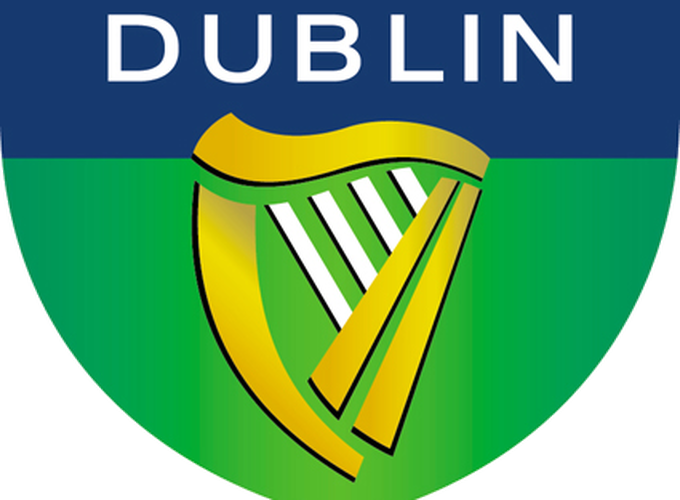The UCD Centre for Food Safety (CFS) is based at University College Dublin (UCD) and was set up in 2002. Originally a tripartite structure which included academics from the Faculties of Agriculture, Engineering, Medicine and Veterinary Medicine, elaborating the One Health dimension and reflecting the application of food safety principles to the complete food chain. The centre has over the past 18-years developed strong visible links with the Irish and international food industry and regulators alike. Such an interdisciplinary approach has the inherent capacity to succeed at solving problems in food safety where other approaches have failed. Engaging experts with varied technological backgrounds from across the University, the search for knowledge can be enhanced by a combination of fact-finding with applied solutions and rapid sharing of information with specific stakeholders. This unique academic development ensures that the UCD-CFS provides a focal point wherein external agencies can seek expert opinion and academic support facilitating an interdisciplinary collaboration with all stakeholders to achieve common goals in the national interest.
Laboratory infrastructure- facilities at UCD-CFS include the following- Category II & III Containment Facilities; access to SONIC high-performance computing infrastructure. Equipment- Illumina MiSeq sequencing platform; Oxford Nanopore MinION platform; Proteomic and Cell Culture Laboratories; Flow Cytometry platforms. The laboratory contains three Real Time PCR platforms allowing for flexibility in assay designs; along with three conventional PCR instruments; two functioning Pulsed-Field Gel Electrophoresis units [to PulseNet required standards]; conventional submarine gel electrophoresis equipment and bionumerics software for analysis. The laboratory is also equipped with a nanodrop spectrophotometer and an Omnilog phenotypic microarray platform, plus related software for analysis.
UCD-CFS has an interdisciplinary research capacity and its network of collaboration and partners offers an international and multisectorial hub, relevant for the scope of this project. The major research collaboration includes the relevant National Reference Laboratories (NRLs), such as the national virus reference laboratory (NVRL), national verocytotoxin E. coli diagnostic clinical service, regional public health microbiology and veterinary laboratory services, including Teagasc, the agriculture and food development authority of Ireland, WHO, US-FDA for the construction of high capacity data sharing networks to support increasing government and commercial data exchange.
